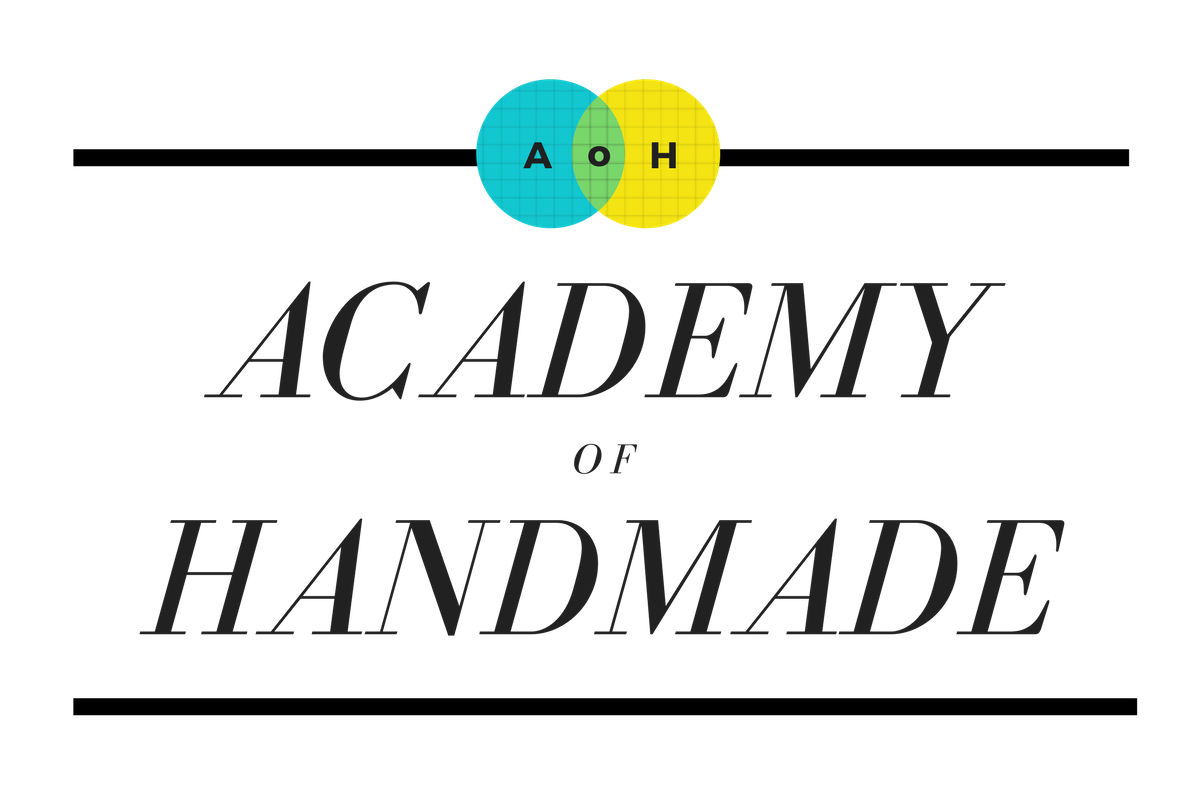I was recently was on a podcast and the topic of Shady McShadesters came up-- you know people who are just selling crap but present it like it's a bar of a gold. Anyway, the host asked me if I went around outing people who were like this. I told her for the most part, no. If someone asks me I will give my opinion, but otherwise it's really just secondhand info that would be inappropriate to throw out. It's also the catch-22 that if you say something about them very publicly, you start to also look like the weirdo.
So, the dilemma becomes how do you figure this out so you can avoid these shady people or businesses if someone hasn't directly outed them that you know? Well, there are a few things you can examine that will tell you a lot.
Social Media Sleuthing
You can do it for exes and it also works for service-based businesses you want to buy from. You can tell a lot from a business' social media-- including how well they maintain it, what their content is like (are they just regurgitating stuff from other people? OR do they only ever post about themselves?), if they're building a community, if they have a decent following (hey, we're not all aces on every platform, but one or two should look lively) and just general weirdness. Vibes are given out. Observing social media can help you pick up on the good and bad vibes.
How Do They Treat You and Others?
This goes along with the above, but if you comment on their posts and you get crickets from them it might indicate they will probably not be able to give much personal attention in their program. This doesn't mean they are necessarily a fraud-- unless super individual attention and community and more are what was promised.
Are they also responding to and interacting with their followers? Their peers? Are they tearing people down or making others seem like "the enemy"?
What are They Really Selling and How Do They Market Themselves?
This can be hard because sales pages can be well-crafted and are designed for maximum razzle dazzle. There's nothing wrong with that, but make sure there is some some substance and that you can easily identify their promises. Does it sound too good to be true? Are magic beans involved? If it seems so, then that's a big-time buyer beware.
I think of #ahasmember Danielle of The Merriweather Council on this point. She has a very highly respected Etsy course. The course gets results. I know people who have had their shops transformed after taking the course.
But with all courses-- they are what you make of them and some people will do better than others. But Danielle is always careful that in her selling she isn't overselling. She does not promise immediate and easy wealth or that shop success is bound up in a pot of amazing hidden secrets and a list of "tricks" for hacking Etsy. And sure-- what's she's got is amazingly helpful, and with her years of doing it she's got a few "secrets" and "tricks", but pushing that as the main agenda of the course makes it sound like wizards are involved. And what's actually involved is you having to do the work and implement her strategies-- far less glamorous and magical than wizards. But still pretty great!
If someone acts like no work is involved whatsoever-- that tells you something.
Who are Their Friends and Followers?
This one is big for me. I had long had suspicions that someone's course was not really worth anything but I had no proof as, at the time, I didn't know anyone who had taken the course. And I feel like I know a lot of smart, in-the-know people. Basically, the people who tended to be their followers were more of the "easy solutions for making easy money" type.
I had also noticed that this business didn't really have any other business "friends"-- essentially other respected peer businesses that would appear to vouch for them. I think this is huge. This can be harder to detect if a business is just starting out, but businesses more than a year old in particular field should have a network of business friends that will also reflect on them.
Sure enough-- when I met the first person who had actually taken the course they relayed that it was not great.
All of this independently doesn't necessarily mean something, but taken together all the little red flags can signal to stay away. So, how do you tell if someone is the real deal? Let us know in the comments below! The consensus in our forums? Do your homework! I also talked about this a bit on a recent Periscope if video is your jam. :)


